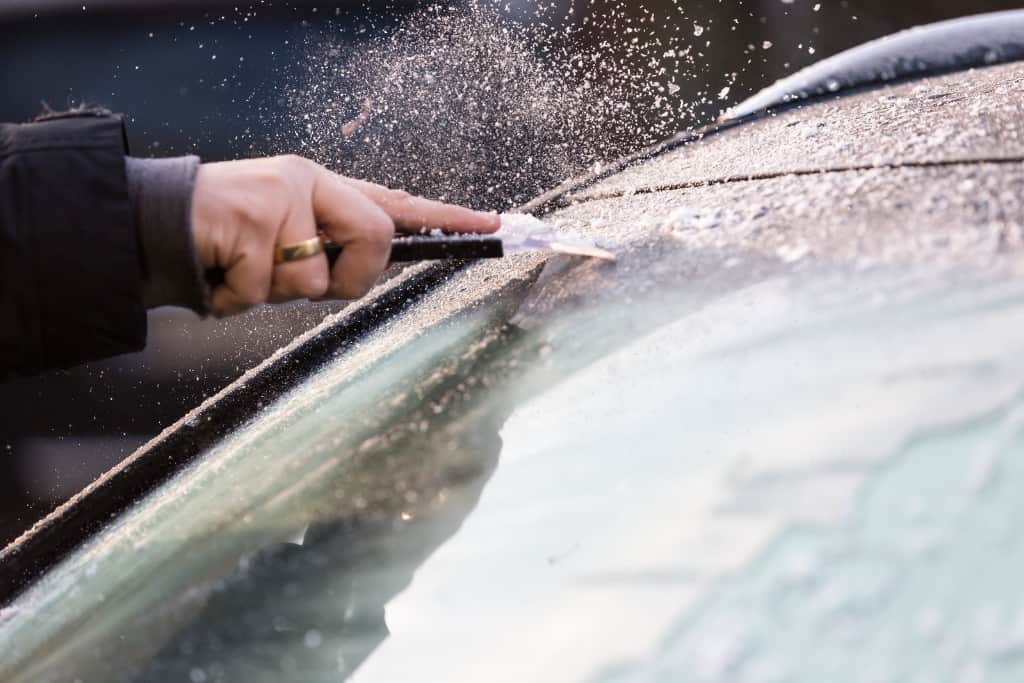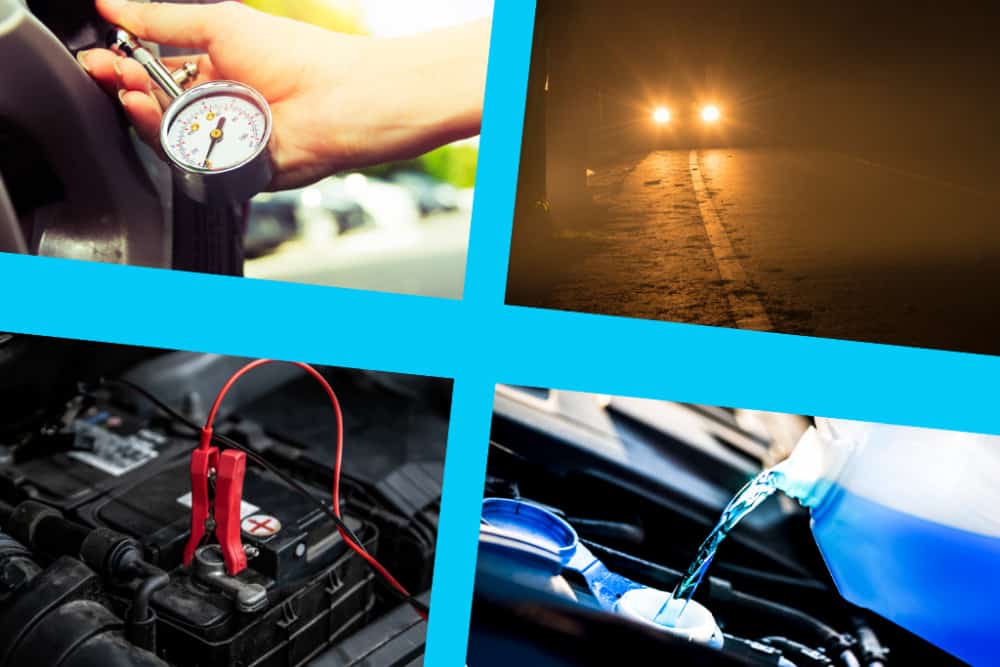Autumn’s well and truly here and winter is creeping ever closer. It’s time to get used to the dreaded de-icing and de-misting that inevitably comes with the cold weather – but did you know that driving in winter is actually more dangerous than any other time of year?
According to statistics, car breakdowns are 20 percent more likely in the winter months, while more than 50 percent of serious accidents happen between November and February.
But winter driving doesn’t have to be scary. Taking the right steps to prepare your car can literally be a life saver. But how to do it?
Here at ChooseMyCar, we’ve conducted a range of research and put together our top tips for ensuring your car is ready for winter.
Our founder, Nick Zapolski, said: “We encourage all drivers to be vigilant and safe, especially when driving in extreme conditions. Preparation is key, so we’ve put together some easy steps to help you ensure your car is ready for any journey this winter.”
Book a winter service.
The best way to know if your car is fit for winter is to book a specialised service in the months preceding the cold season (now would be a good time!). But if you’re looking to save some pennies – and who isn’t right now – there are simple checks you can do yourself.
A winter service will normally cover:
- Tyres. Check all four have the required legal tread and the correct tyre pressure. You may also consider purchasing winter tyres or snow chains in very extreme winter conditions.
- Lights. Headlights, brake lights, fog lights, and hazard lights are all essential for driving in winter. Check they’re all working, and that they’re regularly cleaned.
- Battery. A battery lifespan is around five years. The last thing you want is a flat battery on a cold dark night, so get yours checked. Keep some jump leads in your car, just in case.
- Engine coolant. Essential for when temperatures drop below freezing point. Ensure you’ve got a 50/50 mix of water and antifreeze to avoid it freezing, which can lead to your engine overheating.
- Screen wash / wiper blades. From October to March, it’s advisable to use screen wash and not dilute it, so it doesn’t freeze. Always ensure it’s regularly topped up. too. It’s also important to check your wiper blades – ineffective wiper blades can affect your visibility and are an easy fix to replace yourself.

Pack the essentials
Keeping some winter essentials in your vehicle can really help keep you out of trouble when motoring in the colder months.
Essential items include:
Ice scraper and de-icer. It’s vital to keep these in your car, and not just for those cold mornings. Don’t waste fuel by running your engine to thaw out, but instead use these simple products to keep your visibility tip top.
Basic food and water. Breakdown services are busier than ever in winter, so if you do have to call for help, you might be in for a long wait. Keeping some water in your vehicle, alongside some non-perishable snacks, will help make your wait more bearable.
Suitable clothing. It’s often safer to stay out of your car if you break down, so stash some warm clothes and/or blankets in your boot, just in case. Keeping warm is paramount to your health on cold winter days and nights.
Warning triangle/high vis jacket. If you break down, it’s advisable to put a warning triangle at least 45 metres behind your car, so any other road user knows there’s a hazard ahead. However, these should never be used on a motorway due to the hazard of walking on the hard shoulder. You should also make yourself visible, and keep a hi vis jacket in your car.
Fuel. Over 800,000 drivers run out of fuel in the UK every year. When winter hits you really don’t want to shoot yourself in the foot and run out of fuel – especially on badly lit back roads or in remote areas where there are no petrol stations for miles. Make sure your tank is full enough for your journey.
Breakdown cover. For roughly £50 a year, you can get breakdown cover for your car. This could be invaluable for you and your family if you break down in winter, so it’s advisable to have some cover in place, just in case. Also, check with your car insurance provider, as it may be more cost effective to add it on to your policy. A number of bank accounts also offer breakdown cover, so it’s worth checking if you have this service. Once you do have cover in place,save the emergency phone number in case you have no internet.
Phone charger. Our last point, and possibly the most important, do you have enough juice in your mobile phone battery? You just never know where you might get stranded, and not having any phone battery could be a disaster. So please ensure you have your phone charger in your car at all times.






